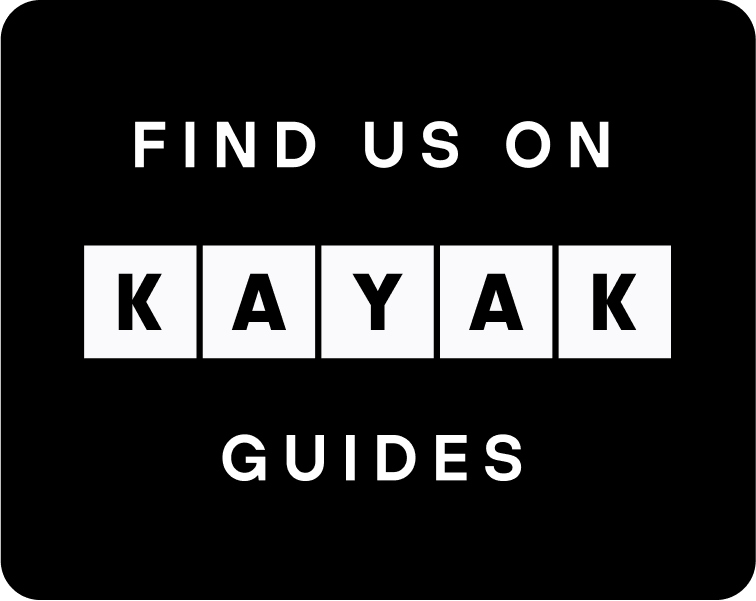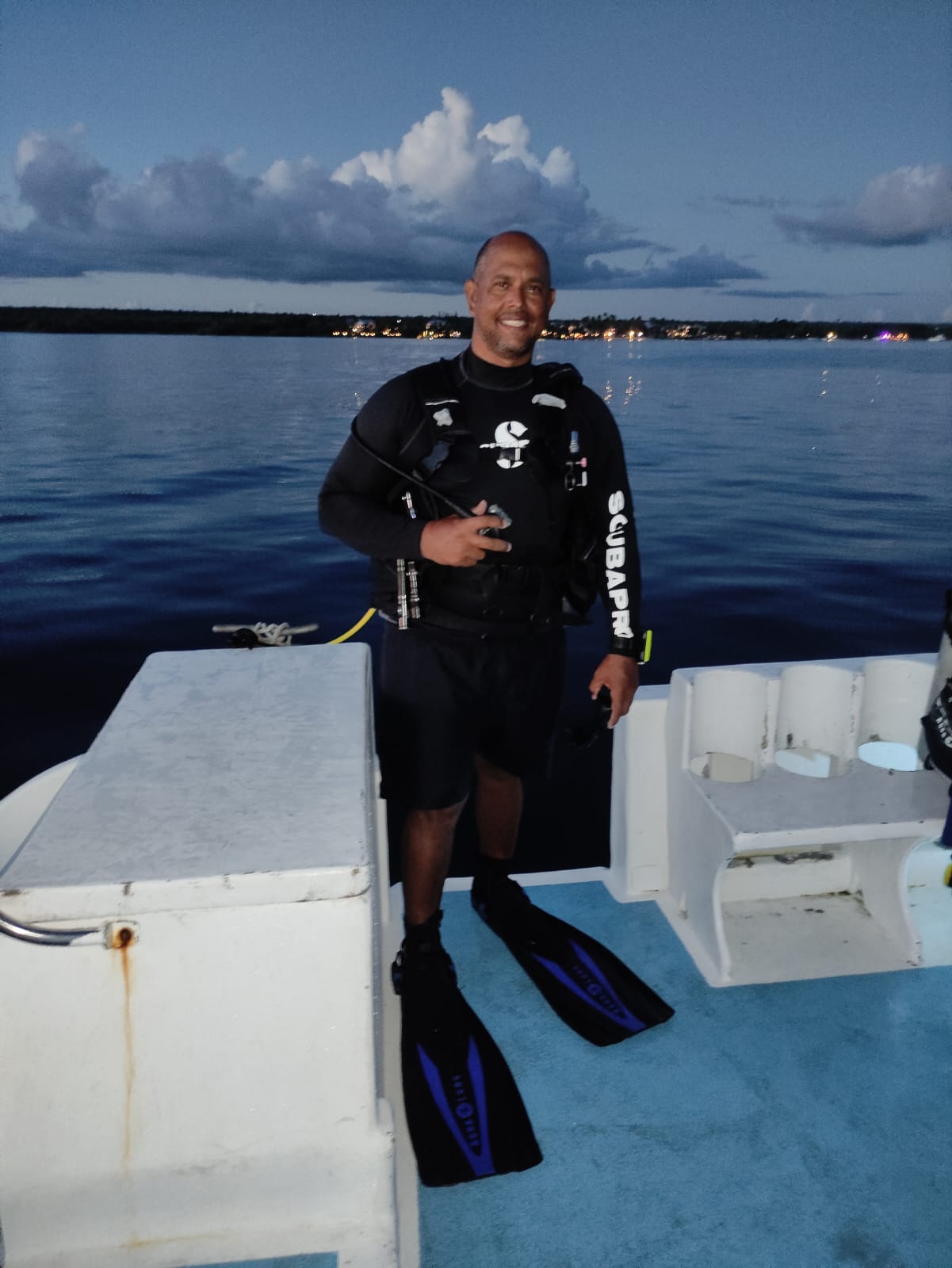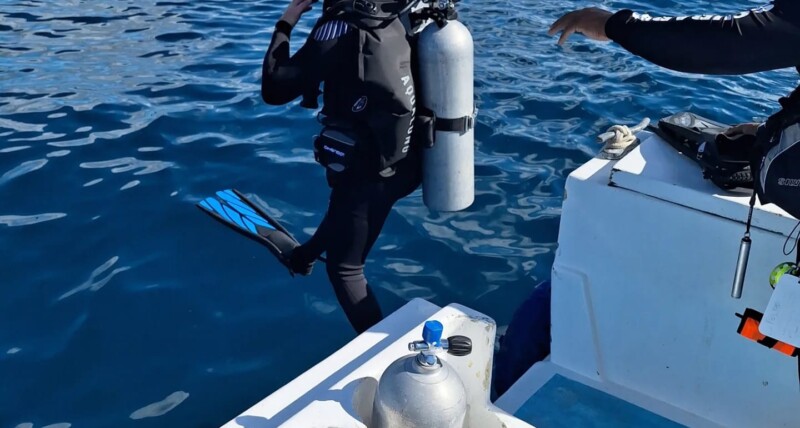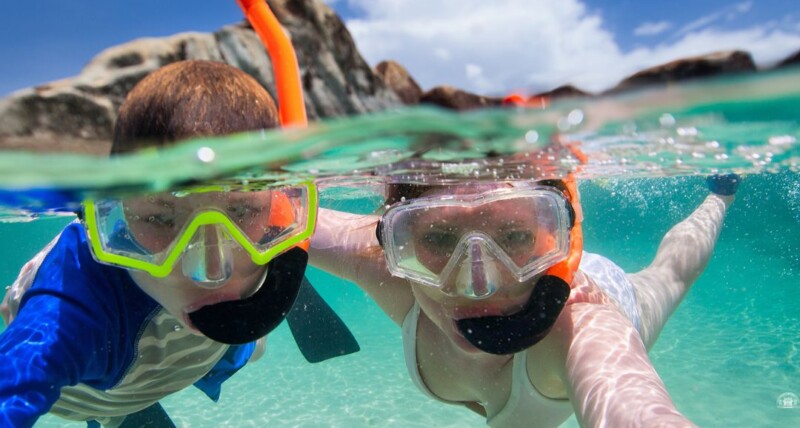Hi, everyone! I’m Jonathan, a Dominican dive instructor our company is Private Dive Service. Today’s blog post is aimed at teaching you all the Top Scuba Diving Tips for Beginners you need to know as a new scuba diver. Today, we’ll cover 25 quick-fire tips that will help you save money and make your life easier on the dive boat.
Top 25 Scuba Diving Tips for Beginners: Your Ultimate Guide to Underwater Adventure
Are you ready to explore the mesmerizing underwater world? Whether you’re dreaming of swimming alongside colorful fish in the crystal-clear waters of Punta Cana or planning your first dive in a local quarry, these top 25 scuba diving tips for beginners will set you up for success. Let’s dive in and discover how you can make your underwater adventures safe, enjoyable, and unforgettable!
1. Gear Checklist – What gear do I need for scuba diving?
Before you take the plunge, it’s crucial to have the right equipment. Here’s a quick checklist to ensure you’re prepared:
- Mask
- Fins
- Wetsuit or drysuit
- Buoyancy Compensator Device (BCD)
- Regulator
- Tank
- Dive computer
- Weight belt
- Dive watch
Pro Tip: If you’re diving in Punta Cana, consider renting equipment from a reputable provider like Private Dive Service. They offer high-quality gear suitable for the local conditions and can help you choose the right sizes.
2.Untie Your Tank – Why should I untie my tank?
You might be wondering, “Why bother untying my tank?” Here’s why it’s important:
- Prevents damage to the tank and boat
- Allows for easy removal in case of emergencies
- Improves mobility during the dive
Remember, a loose tank is a safe tank!
3. Turn Your Gas On – How do I turn my gas on properly?
Turning on your gas correctly is crucial for a safe dive. Follow these steps:
- Locate the tank valve
- Turn it counterclockwise until fully open
- Turn it back a quarter turn
- Check your pressure gauge to confirm gas flow
Safety First: Always have a buddy double-check your gas is on before entering the water.
4. Removing Regulators – What’s the proper way to remove regulators?
Removing regulators correctly helps maintain your equipment and ensures it’s ready for your next dive. Here’s how:
- Close the tank valve
- Purge both regulators to release pressure
- Unscrew the first stage from the tank
- Store regulators in a cool, dry place
5. Bring Extra Hoods – Why should I bring extra hoods?
Extra hoods might seem unnecessary, but they can be a game-changer. Here’s why:
- Provides warmth in colder waters
- Offers protection against jellyfish stings
- Serves as a backup if your primary hood gets damaged
6. Maintain Your Dive Knife – How do I maintain my dive knife?
A well-maintained dive knife can be a lifesaver. Follow these tips:
- Rinse with fresh water after each dive
- Dry thoroughly to prevent rust
- Apply a light coat of silicone grease
- Store in a dry place
Safety Note: Remember, a dive knife is a tool, not a weapon. Use it responsibly for cutting lines or freeing yourself from entanglements.
7. Leave the Camera, Take the Dive Computer – Should I bring a camera on my first dive?
While it’s tempting to capture every moment, it’s best to leave the camera behind on your first few dives. Here’s why:
- Allows you to focus on your diving skills
- Reduces distractions
- Helps you become more comfortable underwater
Instead, invest in a good dive computer. It’s an essential tool that helps you:
- Monitor depth and dive time
- Track nitrogen absorption
- Plan safe ascents
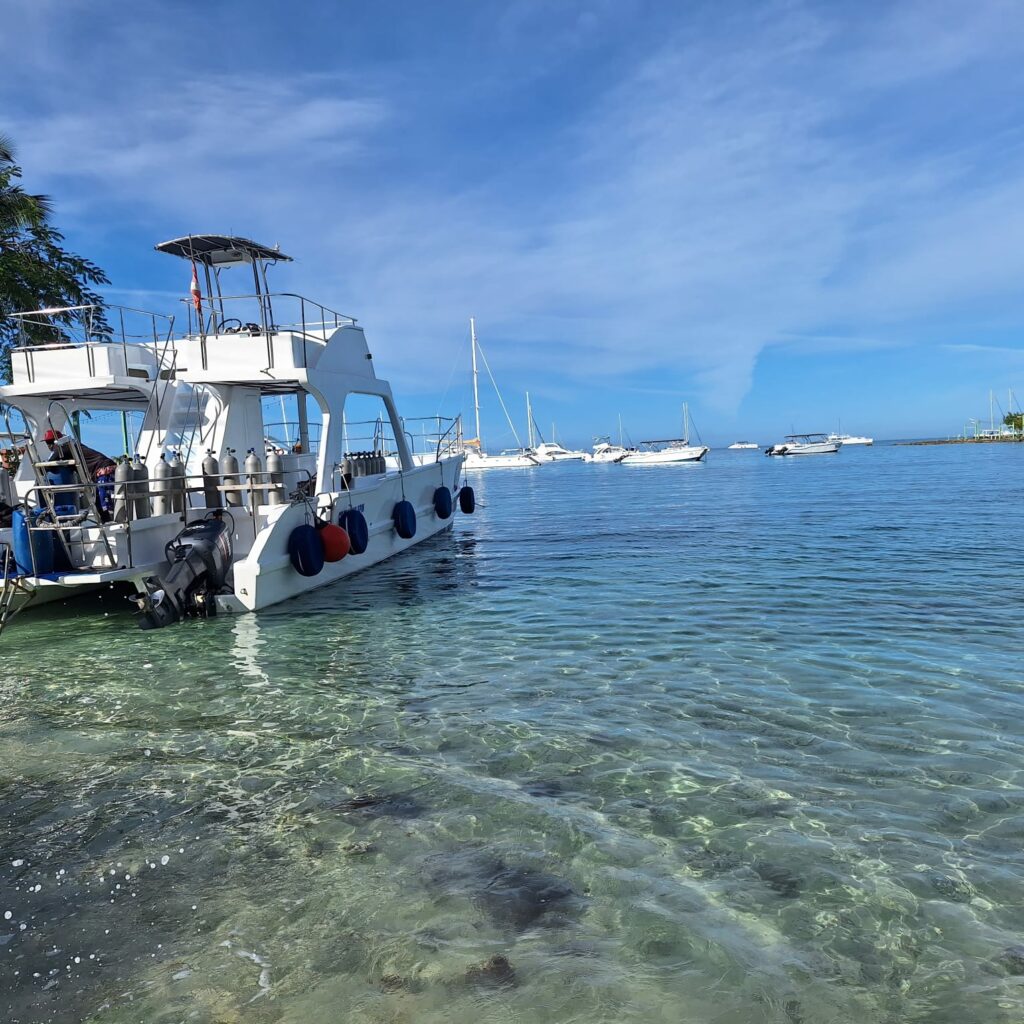
8. Dive Frequently – How often should I dive to maintain my skills?
Diving frequently is key to improving and maintaining your skills. Aim for:
- At least once a month for recreational divers
- Weekly dives for those aiming to become professionals
Can’t dive that often? Consider pool sessions or local dive trips to keep your skills sharp.
9. Join a Club – Why should I join a dive club?
Joining a dive club offers numerous benefits:
- Regular dive opportunities
- Access to experienced divers
- Discounts on gear and trips
- Social events with like-minded people
Local Tip: If you’re in Punta Cana, check out local dive clubs or ask Private Dive Service about group diving opportunities.
10. Be Aware of Your Surroundings – How can I be more aware of my surroundings underwater?
Situational awareness is crucial underwater. Here are some tips:
- Regularly check your position relative to your buddy
- Be aware of your depth and direction
- Look for landmarks to aid navigation
- Pay attention to water conditions and currents
11. Look Around – Why is it important to look around while diving?
Looking around serves multiple purposes:
- Helps you spot marine life
- Aids in maintaining buoyancy
- Keeps you aware of your buddies and other divers
- Allows you to enjoy the underwater scenery fully
Remember, the ocean is 3D – don’t forget to look up, down, and all around!
12. Peer Pressure – How do I handle peer pressure in diving?
Peer pressure can be dangerous in diving. Here’s how to handle it:
- Trust your instincts
- Communicate your concerns clearly
- Remember, it’s okay to sit out a dive if you’re not comfortable
- Choose dive buddies who respect your limits
13. Speak Up – Why is it important to speak up during a dive?
Speaking up can prevent accidents and enhance your dive experience. Don’t hesitate to:
- Ask questions if you’re unsure about something
- Express concerns about dive conditions or plans
- Share interesting sightings with your buddy
- Request help if you’re having issues with equipment
14. Map and Compass – How do I use a map and compass for underwater navigation?
Underwater navigation is a crucial skill. Here’s a quick guide:
- Study the dive site map before entering the water
- Note key features and their relative positions
- Use your compass to maintain direction during the dive
- Count kick cycles to estimate distance
Practice these skills in a pool or shallow water before attempting complex navigation dives.
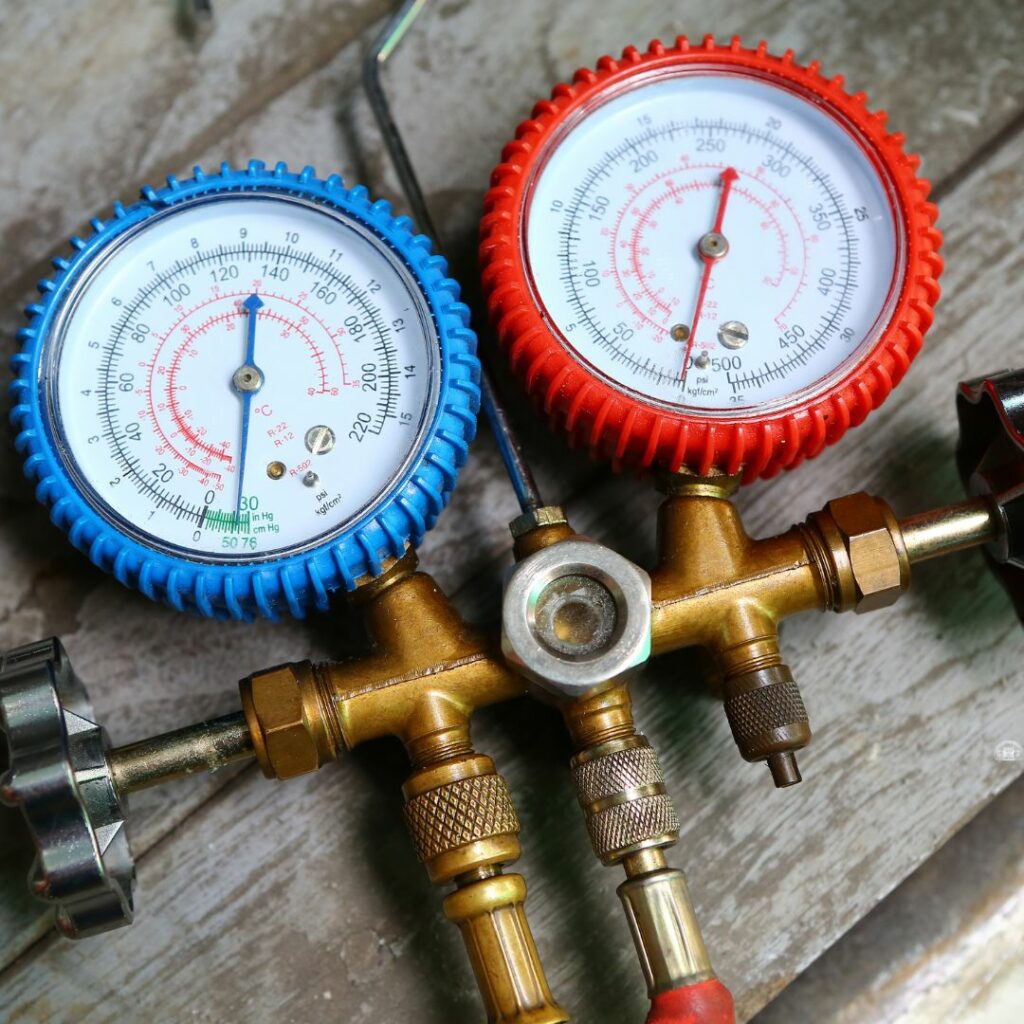
15. Check Your Gauges – How often should I check my gauges?
Regular gauge checks are essential for safe diving. Aim to check:
- Every 5-10 minutes
- More frequently at deeper depths
- Any time you feel a change in buoyancy
What to check:
- Air pressure
- Depth
- Dive time
- No-decompression limit (on your dive computer)
16. Spare Bolt Snap – Why should I carry a spare bolt snap?
A spare bolt snap is a small item that can be incredibly useful. Here’s why:
- Quick equipment repairs
- Attaching loose gear
- Securing a surface marker buoy
It’s a small, lightweight addition to your kit that can save a dive!
17. BCD Positioning – What’s the correct BCD positioning?
Proper BCD positioning is crucial for comfort and buoyancy control. Ensure:
- The waist strap is above your hips
- Shoulder straps are snug but not tight
- The BCD doesn’t ride up when inflated
Pro Tip: If you’re unsure about your BCD fit, ask the experts at Private Dive Service for a personalized fitting.
18. Choose Your Cabin Wisely – How do I choose the best cabin on a dive boat?
If you’re on a liveaboard or day boat, cabin choice can impact your experience. Consider:
- Proximity to the dive deck for easy access
- Middle cabins for stability (less motion in rough seas)
- Upper deck cabins for better views and ventilation
19. Adjust Your Weight – How do I adjust my weight for perfect buoyancy?
Proper weighting is key to good buoyancy control. Here’s how to get it right:
- Start with 10% of your body weight
- Do a float test in full gear
- Adjust weights until you float at eye level with an empty BCD
- Fine-tune during your dive
Remember, weights needed can vary based on factors like wetsuit thickness and water salinity.
20. Stay Shallow – Why should beginners stay shallow?
Staying shallow offers several benefits for new divers:
- Longer dive times
- Easier equalization
- More light for better visibility
- Quicker access to the surface if needed
Gradually increase your depth as you gain experience and confidence.
21. Invest in a Good Mask – Why invest in a good mask?
A good mask is worth every penny. Here’s why:
- Better fit means less leaking
- Improved visibility enhances your dive experience
- Quality materials last longer
Local Recommendation: Private Dive Service in Punta Cana offers a range of high-quality masks suitable for different face shapes and dive conditions.
22. Use a Surface Marker Buoy – What’s a Surface Marker Buoy (SMB) and why should I use one?
An SMB is a inflatable tube that you send to the surface to mark your position. It’s crucial because it:
- Alerts boats to your presence
- Helps your dive boat locate you
- Can be used to signal for help
Learn how to deploy an SMB in calm, shallow water before using it on a dive.
23. Clean Your Feet – Why should I clean my feet before a dive?
Clean feet might seem trivial, but it’s important because:
- Sand can get into your fins, causing discomfort
- It prevents small particles from damaging zippers on drysuits
- Clean feet slip into boots and fins more easily
A quick rinse before gearing up can make your dive more comfortable.
24. Wear a Rash Vest – What are the benefits of wearing a rash vest?
A rash vest is more than just a fashion statement. It:
- Provides an extra layer of warmth
- Protects against chafing from your wetsuit
- Offers sun protection during surface intervals
25. Stay Hydrated – Why is staying hydrated so important for divers?
Proper hydration is crucial for safe diving. Here’s why:
- Reduces risk of decompression sickness
- Helps prevent fatigue
- Aids in temperature regulation
Aim to drink water before, between, and after dives. Avoid alcohol and excessive caffeine, as these can contribute to dehydration.
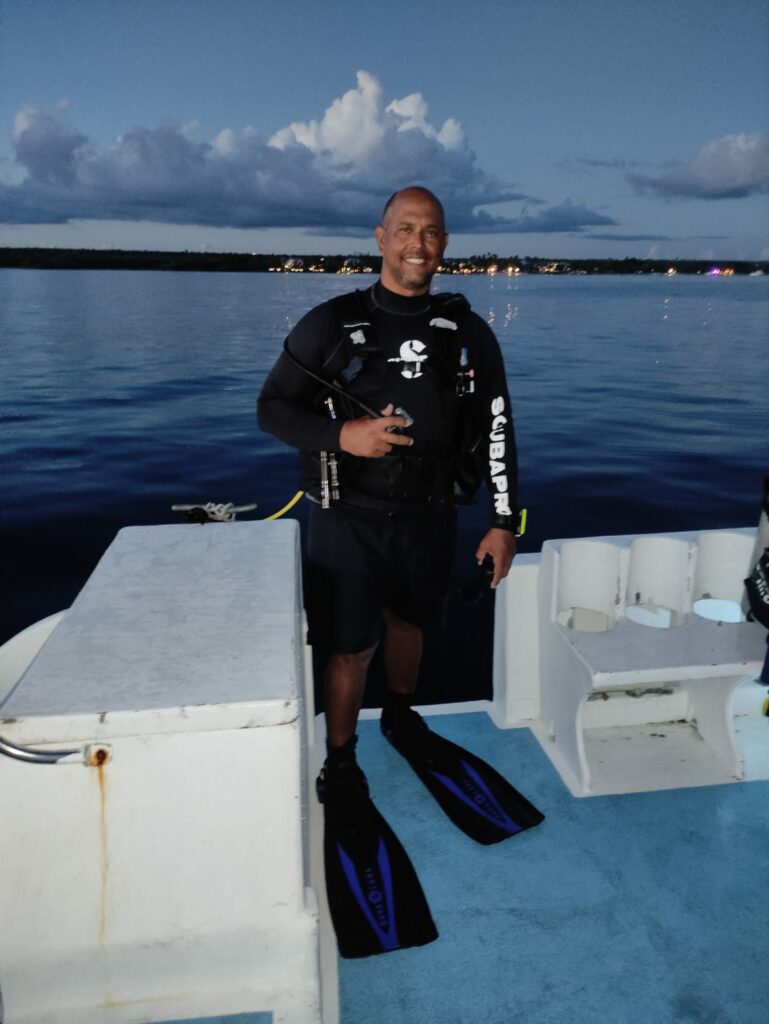
Ready to Take the Plunge?
Armed with these 25 tips, you’re well on your way to becoming a confident and safe scuba diver. Remember, diving is as much about preparation and awareness as it is about adventure and exploration.
If you’re planning a diving trip to Punta Cana, why not dive with the experts? Private Dive Service offers top-notch equipment, experienced instructors, and unforgettable dive experiences in some of the most beautiful waters in the Caribbean.
Discover the Best Dive Sites with Private Dive Service.
Are you looking for an unforgettable diving experience in the Dominican Republic? At Private Dive Services, we offer personalized and high-quality underwater adventures. We organize small diving groups and take care of transportation from your hotel anywhere on Caribbean side of the Island (Bayahibe, Saona Island and Catalina Island). Buffet lunch is included. Our excursions include:
Half-day double tank diving in Bayahibe.
Full-day double tank diving and snorkeling trips to Saona and Catalina Islands.
Rental of diving equipment (you can also bring your own).
We offer Scuba Diving at all levels from Discover Scuba diving to advanced and snorkeling trips.
Bayahibe offers Wreck diving. The St. George for advanced certified divers and the Atlantic Princess for Open Water certified divers.
Shark dives in Punta Cana. You must be at an advanced level as these are drift dives.
Whether you’re taking your first breaths underwater or looking to improve your skills, Private Dive Service can guide you every step of the way. Book your dive adventure today and discover the magic of the underwater world!
Happy diving, and remember – safety first, fun always!

